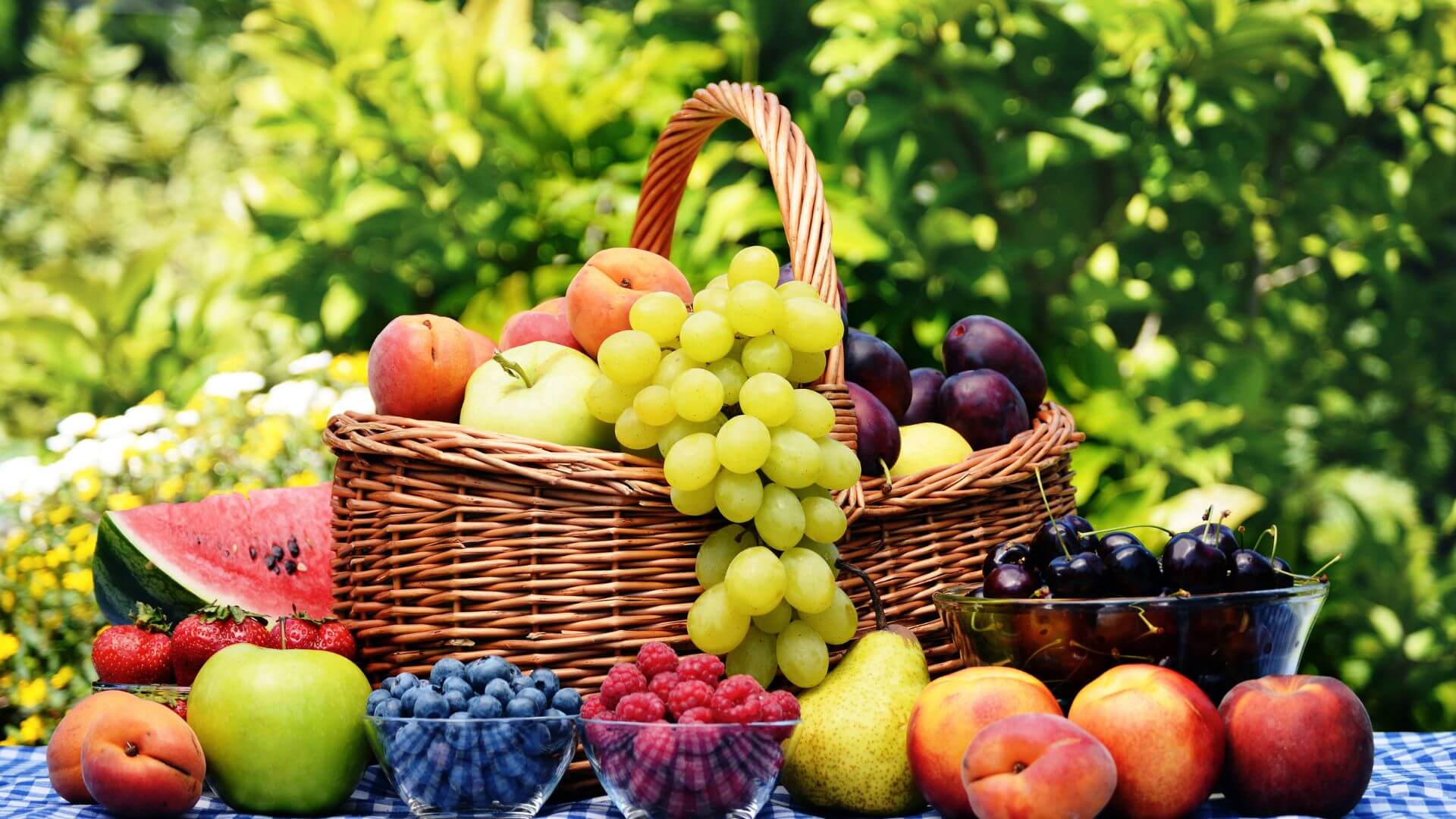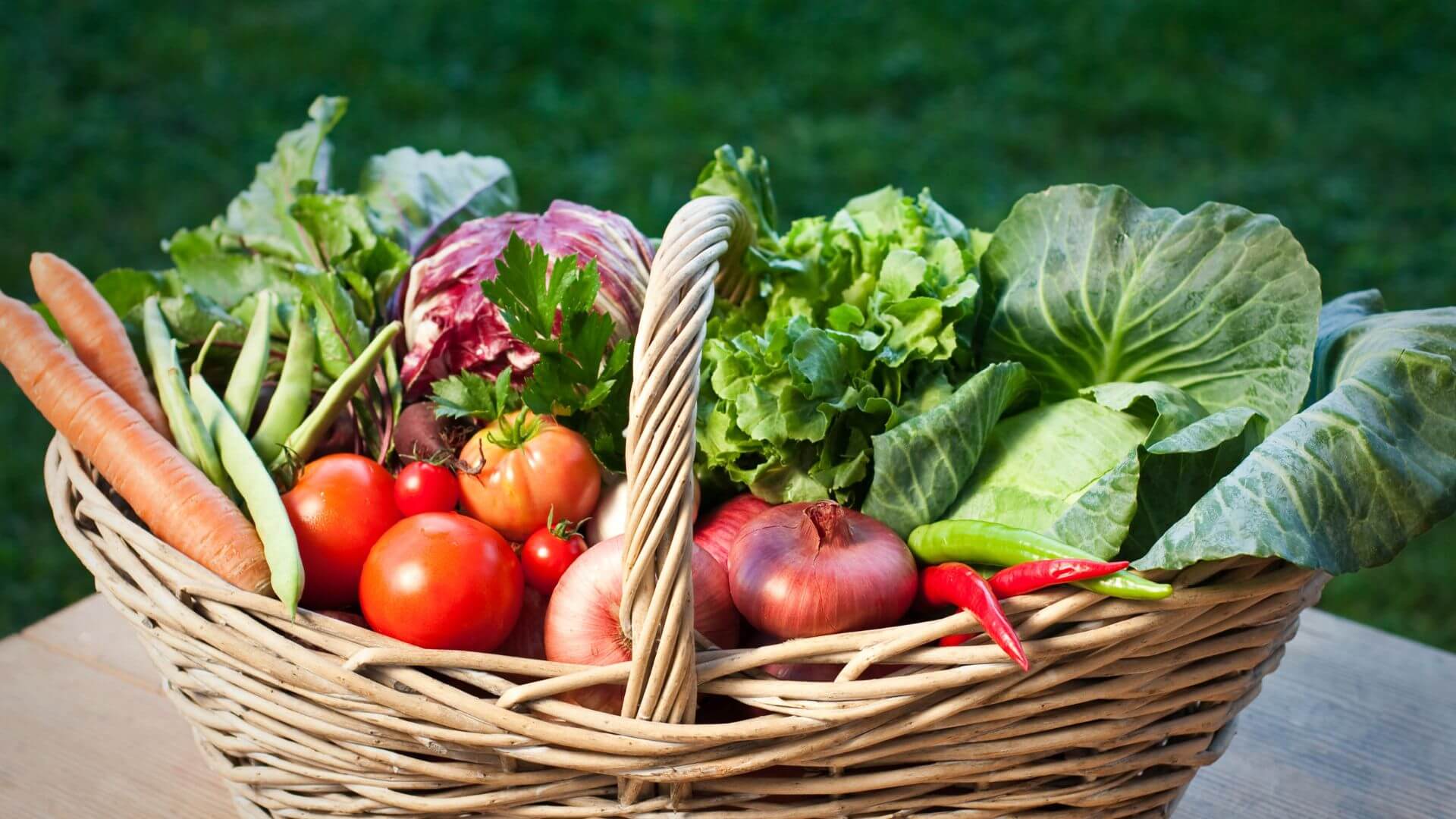Learning Italian words for fruits and vegetables is more than just about picking up a new language; it’s a dive into the heart of Italian culture. It opens doors to real conversations and lets you explore Italian cooking in a whole new way. Knowing these words makes everything richer, turning a simple shopping trip into a real cultural adventure. So, how can this knowledge help you really get into Italian food culture?
Essential Italian Vocabulary for Fruits and Vegetables
List of Common Fruits and Vegetables
Learning the Italian words for fruits and vegetables is key if you want to dive into Italy’s vibrant food scene. Here, you’ll find a list of these everyday items. It’s perfect for travelers, chefs, or anyone learning the language.
Common Fruits

| Italian | English |
| Mela | Apple |
| Pera | Pear |
| Banana | Banana |
| Arancia | Orange |
| Limone | Lemon |
| Uva | Grape |
| Fragola | Strawberry |
| Ciliegia | Cherry |
| Pesca | Peach |
| Albicocca | Apricot |
| Prugna | Plum |
| Fico | Fig |
| Melone | Melon |
| Anguria/Cocomero | Watermelon |
| Ananas | Pineapple |
| Kiwi | Kiwi |
| Lampone | Raspberry |
| Mora | Blackberry |
| Mirtillo | Blueberry |
| Melograno | Pomegranate |
| Mandarino | Tangerine |
| Pompelmo | Grapefruit |
| Ribes | Currant |
| Cachi/Kaki | Persimmon |
| Nespola | Loquat |
| Maracuja | Passion fruit |
| Mango | Mango |
| Papaya | Papaya |
| Amarena | Sour cherry |
| Lime | Lime |
Also Read: Master The Italian Alphabets & Letters Pronunciation
Vegetables

| Italian | English |
| Pomodoro | Tomato |
| Carota | Carrot |
| Patata | Potato |
| Cipolla | Onion |
| Aglio | Garlic |
| Zucchina | Zucchini/Courgette |
| Melanzana | Eggplant/Aubergine |
| Peperone | Bell Pepper |
| Broccolo | Broccoli |
| Cavolfiore | Cauliflower |
| Lattuga | Lettuce |
| Spinaci | Spinach |
| Funghi | Mushrooms |
| Cetriolo | Cucumber |
| Piselli | Peas |
| Fagioli | Beans |
| Carciofo | Artichoke |
| Asparago | Asparagus |
| Rucola | Arugula/Rocket |
| Radicchio | Radicchio |
| Sedano | Celery |
| Cavolo | Cabbage |
| Finocchio | Fennel |
| Zucca | Pumpkin/Squash |
| Barbabietola | Beetroot |
| Rape | Turnip |
| Porro | Leek |
| Indivia | Endive |
| Bietola | Swiss Chard |
| Ravanello | Radish |
Also Read: How To Order Food And Drinks In Italian?
Conclusion
To wrap up, knowing Italian names for fruits and vegetables really boosts your language skills and helps you connect with the culture, whether you’re traveling or hanging out in Italian neighborhoods. You’ll find it easier to shop at markets, read menus, and chat with locals, making your time in Italy much more enjoyable. Plus, understanding these words lets you appreciate Italy’s variety of produce and choose foods that are in season and local.
Keep Visiting Translation Blog to master any language easily!

